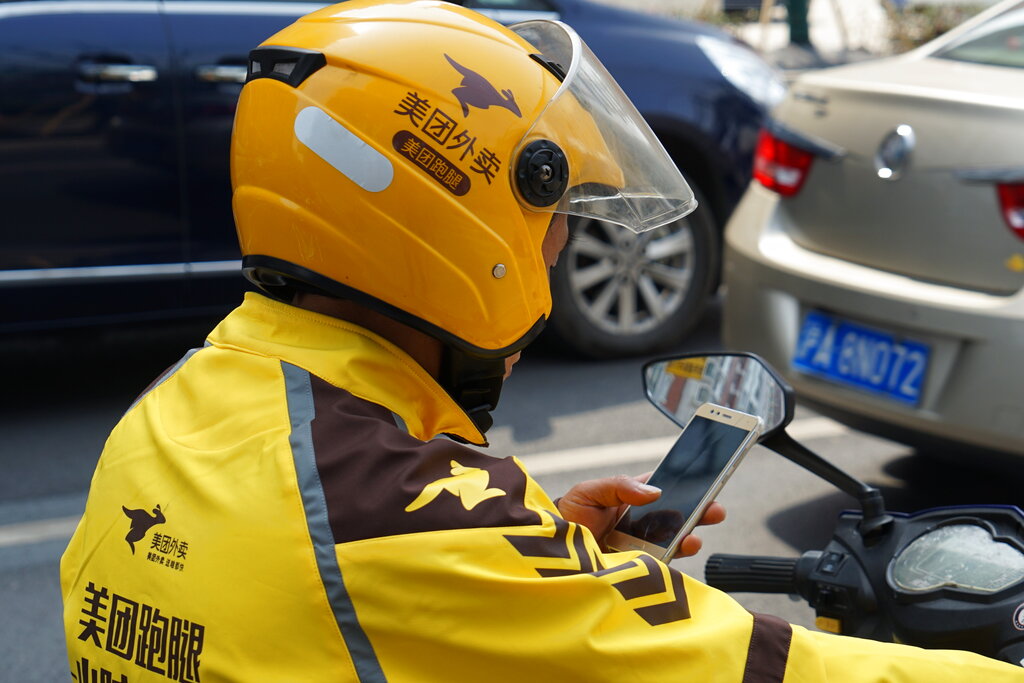Kate Lin: Welcome to Morningstar. While the rest of the world is lifting coronavirus restrictions, Hong Kong citizens are likely going into mass mandatory testing to help curb the Omicron variant. Operators of malls, wet markets, and more venues are likely to be the hardest hit. How will this reflect on the dividend and the general outlook for Hong Kong properties? We're talking to Michael Wu, senior equity analyst at Morningstar.
Michael, with Hong Kong facing its fifth outbreak of the coronavirus, how will the city's REITs be bracing themselves?
Michael Wu: Yes. So, for the real estate companies, we do expect the real estate companies and REITs with a larger retail exposure to be more impacted. I think the pattern and the situation are going to be pretty similar to previous lockdowns. So, the focus is to maintain occupancy, and the overall policies that the companies will offer to the retail components or the retail tenants will be similar in the rental relief. That's more on a case-by-case basis. And then, other initiatives will be replacing the fixed rate with turnover rent. So, we don't expect too much issues around that for the real estate companies. We think in the medium term the consumption vouchers or the government stimulus that's going to come along. That will be a benefit to retail sales in terms of the retail component. But the timing of that might be a bit difficult, depending on when the situation eases in the near term.
Lin: So, with Hong Kong, the other concern is on the office space. How would the business districts' rental and occupancy be impacted assuming the reopening of borders would not happen until this outbreak is under control?
Wu: Yes. So, the rental and the occupancy for the office component, that's already been pressured since the end of 2019 from the social unrest. So, as rent has declined, that has flowed through to the rental reversion for the office landlords. And progressively, they have declined. So, positively in the last quarter, or the last half, the decline in terms of rent have decelerated. So, we think that most of that has in terms of the risks towards a decline in rent has been generally felt through. And our longer-term thinking is that Hong Kong will remain an international finance center, that's unchanged. But we do expect some change in demographics. So, for example, more Chinese firms opening offices in Hong Kong maybe as they replace some of the multinationals that are leaving.
Lin: Lastly, let's talk about fundamentals. What are their valuations and dividend outlook looking like?
Wu: Yeah. So, with the real estate companies and REITs in Hong Kong, the capital position is strong. So, we expect them to manage – to get through this downturn okay. But investors in general will have to be patient in the sector. When the recovery does come along, we do see share prices for landlords or real estate companies that have a larger retail exposure to rally first and then the landlords with a larger office exposure. So, with the recovery train in retail, we do expect Wharf REIC (01997) to be the most beneficiary of the opening up. And secondly, on the office side, greatly office landlords such as Hongkong Land managed by Swire Properties (01927), will be the latter beneficiary on that. Even though investors have to be patient, they are being rewarded with a good dividend yield of around 4% to 5%.
Lin: Thank you so much for your time, Michael. From Morningstar, I'm Kate Lin.











.png)



.jpg)





